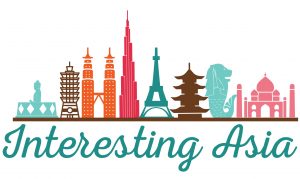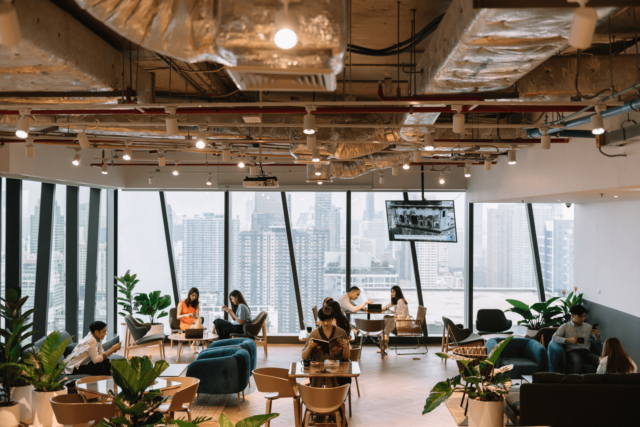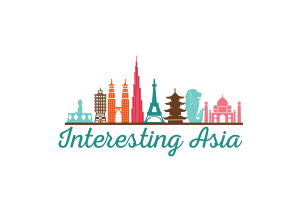The co-working landscape in Asia could be shifting after the announcement of a merger between Common Ground, Hive and The Cluster. This trio has come together to form The Flexi Group and was backed by Singapore-based internet company Catcha Group and Malaysia-based boutique investment Emissary Capital. It goes without saying, that’s a lot of moving parts.
Anyway, the creation of The Flexi Group brings together 45 locations across 12 cities in nine countries throughout Asia. The new firm will operate in Hong Kong, Singapore, Malaysia, Thailand, Taiwan, the Philippines and Japan, among other places.
According to The Flexi Group, what makes it different from other co-working players is its asset-light approach where it teams up with landlords via joint venture agreements. That is true and its portfolio is noticeable in that regard having existing partnerships with Chinachem Group in Hong Kong, Petronas in Malaysia, Central Group in Thailand and Ortigas in the Philippines.
“We work with some of the leading landlords in the region who see flexible workspaces as a natural evolution of their business,” Chris Edwards, The Flexi Group CEO, stated. “They work with us to help engage the tenants in their buildings, offering them access to best-in-class events, flexible work solutions and bookable meeting and event spaces. Asset owners can also unlock revenue potential as our partners see increased returns of up to 30 percent versus a traditional lease structure”
Each brand will continue to operate with this being a key component of the company’s approach. Additionally, The Flexi Group has already stated new facilities are slated to open in Australia, Malaysia, Thailand, Philippines and Singapore over the next 12 months.
“Our multi brand for a multi-demographic approach is unique in the region. This strategy gives us the opportunity to partner with landlords across a variety of asset classes across Asia and Australia,” Edwards noted. “With our multiple brands targeting a different market segment across a variety of industries, we will see exponential growth and are forecasting to grow by up to 100 locations in the next three years.”
Also Interesting: What is proptech and why does it matter in Southeast Asia?
Will The Flexi Group change co-working in Asia?

It is hard to say The Flexi Group will change co-working in Asia. Instead, it is simply a natural evolution of the sector using a common sense approach based on reality. That should be commended, and it certainly sets the outfit up for long-term success.
The co-working landscape in the region is dominated at the local level. Sure, IWG Regus continues to do its thing in Asia and the faint remains of WeWork are still present, although it feels as if they have become a ghost.
But local players operating for local markets have been far more successful even if the results aren’t massive. Some, such as Singapore’s The Great Room, have embarked on small scale expansion outside their borders.
However, The Flexi Group is different due to its partnerships with developers most of whom have found themselves with empty spaces in malls and office towers. With prospects to fill these relatively bleak, it makes sense for organizations, such as Central Group and Ortigas, to go down this path.
The only red flag is the group’s new CEO to make claims about exponential growth and forecasting an expansion of up to 100 percent over the next three years. That is dubious at best. In fact, that directive must come from the two investors because Common Ground, Hive and The Cluster have been successful because of a measured approached. Changing that now because of this merger seems foolish.
Keep Reading: CBRE details Asia Pacific real estate investment strategies for 2023


































